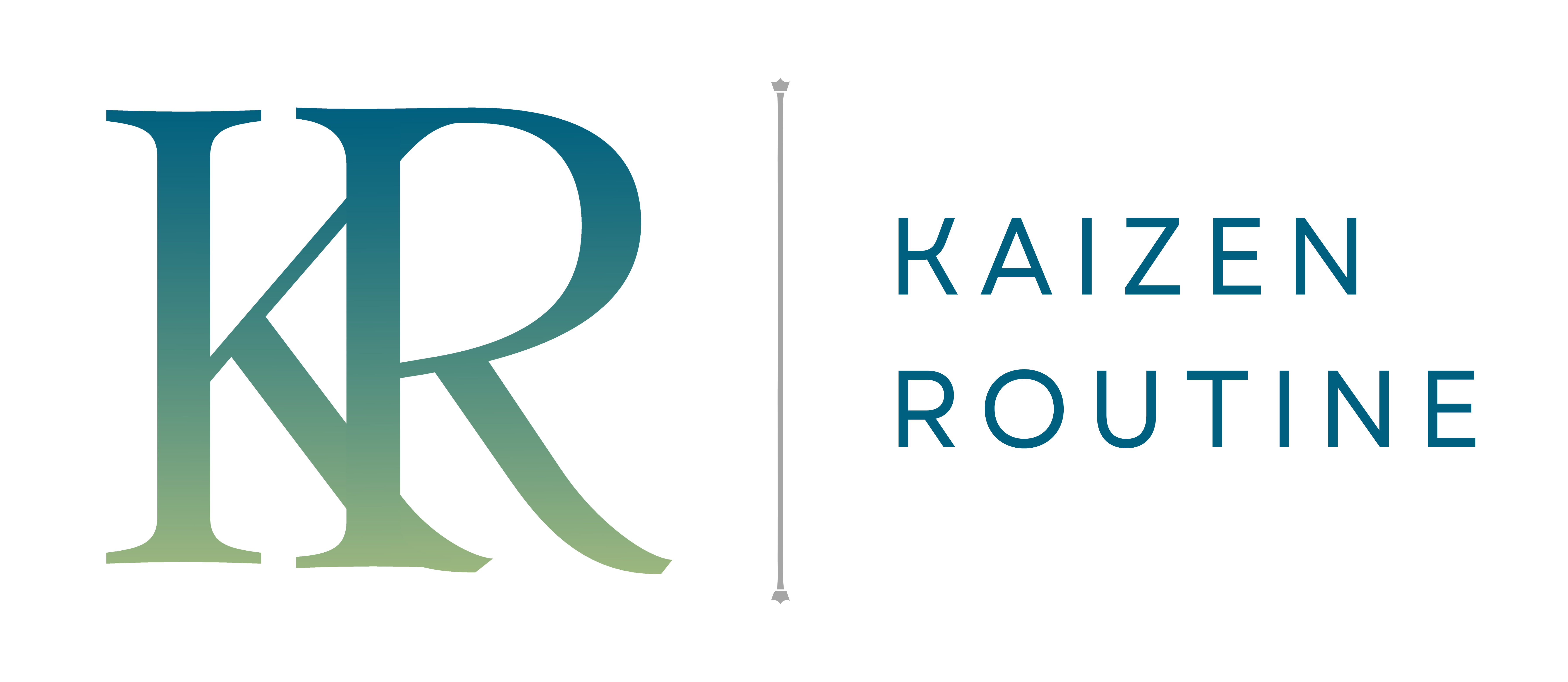Journaling is a powerful tool that has been used for centuries as a means of self-expression and reflection.
Whether you are dealing with difficult emotions, seeking clarity on your goals, or simply looking to enhance your personal growth and development, journaling can be an incredibly effective way to gain insight and perspective.
We will discuss the ways in which journaling can help you to gain clarity on your thoughts and feelings, improve your mental health, and enhance your creativity and problem-solving skills which leads to a greater personal Growth and Development.
We will also provide tips and strategies for getting started with journaling and making it a regular part of your self-care routine.
First, What is Personal Journaling?
Personal journaling is the act of regularly recording one’s thoughts, feelings, and experiences in a written format.
It is a form of self-expression and self-reflection that allows individuals to document their personal Growth and Development, explore their emotions, and reflect on their daily experiences.
Journaling can take various forms, including traditional pen-and-paper writing, digital journaling, and bullet journaling. It can be done on a daily or weekly basis and can cover a range of topics, including daily events, your goals, creative writing and even budgeting.
Benefits of Journaling for Personal Growth and Development
Personal journaling has been shown to have numerous benefits:
1. Increased Self-Awareness
Journaling allows you to reflect on your thoughts and emotions, and to gain a deeper understanding of yourself. By writing down your thoughts and emotions, you can gain clarity on what is truly important to you and what you need to do to achieve your goals.
2. Improved Mental Health
Journaling has been shown to be an effective tool for managing stress, anxiety, and depression. By writing down your thoughts and emotions, you can release pent-up emotions and gain a sense of control over your feelings.
3. Enhanced Creativity and Problem-Solving Skills
Journaling can help to stimulate your creativity and enhance your problem-solving skills. By exploring your thoughts and emotions on paper, you can gain new insights and perspectives that you may not have otherwise considered.
4. Increased Gratitude and Positivity
Journaling can help you to cultivate a sense of gratitude and positivity in your life. By focusing on the positive aspects of your life and reflecting on the things that you are grateful for, you can shift your perspective and improve your overall well-being.
Getting Started with Journaling
These tips below will help you get started with Journaling for Personal Growth and Development
1. Choose a Journal
Choose a journal that speaks to you and that you feel comfortable writing in. You can choose a simple notebook or invest in a more decorative journal that inspires you to write.
2. Set a Schedule
Set aside time each day or each week to do your journaling. This can be as little as 5-10 minutes a day or as much as an hour a week. The important thing is to make journaling a regular part of your routine.
3. Write Freely
Write whatever comes to mind, without worrying about grammar or spelling. This is your personal space to express yourself, so don’t be afraid to let your thoughts and emotions flow freely.
4. Focus on the Positive
Try to focus on the positive aspects of your life and the things that you are grateful for. By shifting your perspective to the positive, you can cultivate a greater sense of well-being and happiness.
Tools to help you with Journaling
There are various tools and methods available for personal journaling. Some of them are:
- Pen and paper: The most basic and traditional way of journaling is by writing in a notebook or journal with a pen or pencil. This method can be done anywhere and anytime without the need for any technology.
- Digital journaling apps: There are many apps available that allow you to journal digitally. Some of them offer features like password protection, reminders, and syncing across devices. Examples include Day One, Journey, and Penzu.
- Bullet journaling: This is a method of journaling that involves using symbols and short-form sentences to quickly jot down thoughts and ideas. This method can help with productivity and organization.
- Voice journaling: For those who prefer speaking to writing, voice journaling can be a useful tool. There are apps like Otter.ai that transcribe spoken words into text for easy organization and reflection.
- Art journaling: This method involves combining writing and art to express thoughts and emotions. It can be a therapeutic and creative way to journal.
- Gratitude journaling: Focusing on the positive aspects of life can have a profound impact on mental health. Gratitude journaling involves reflecting on and writing down things you are grateful for.
Ultimately, the best tool for personal journaling is one that feels comfortable and enjoyable for the individual.
Conclusion
Journaling is a powerful tool that can help you to gain insight, clarity, and perspective on your thoughts and emotions.
By taking the time to reflect on your thoughts and emotions, you can enhance your personal growth and development, improve your mental health, and cultivate a greater sense of gratitude and positivity.
So, whether you are dealing with difficult emotions, seeking clarity on your goals, or simply looking to enhance your personal growth and development, consider making journaling a regular part of your self-care routine.




 “Hyperfocus” – How to Work Less, Achieve More
“Hyperfocus” – How to Work Less, Achieve More  Sitting Disease – The Silent Killer That Shortens Out Lifespan
Sitting Disease – The Silent Killer That Shortens Out Lifespan  Book Review 06 – Think And Grow Rich
Book Review 06 – Think And Grow Rich  Law of Attraction: The Power Within to Attract Success
Law of Attraction: The Power Within to Attract Success
3 Comments